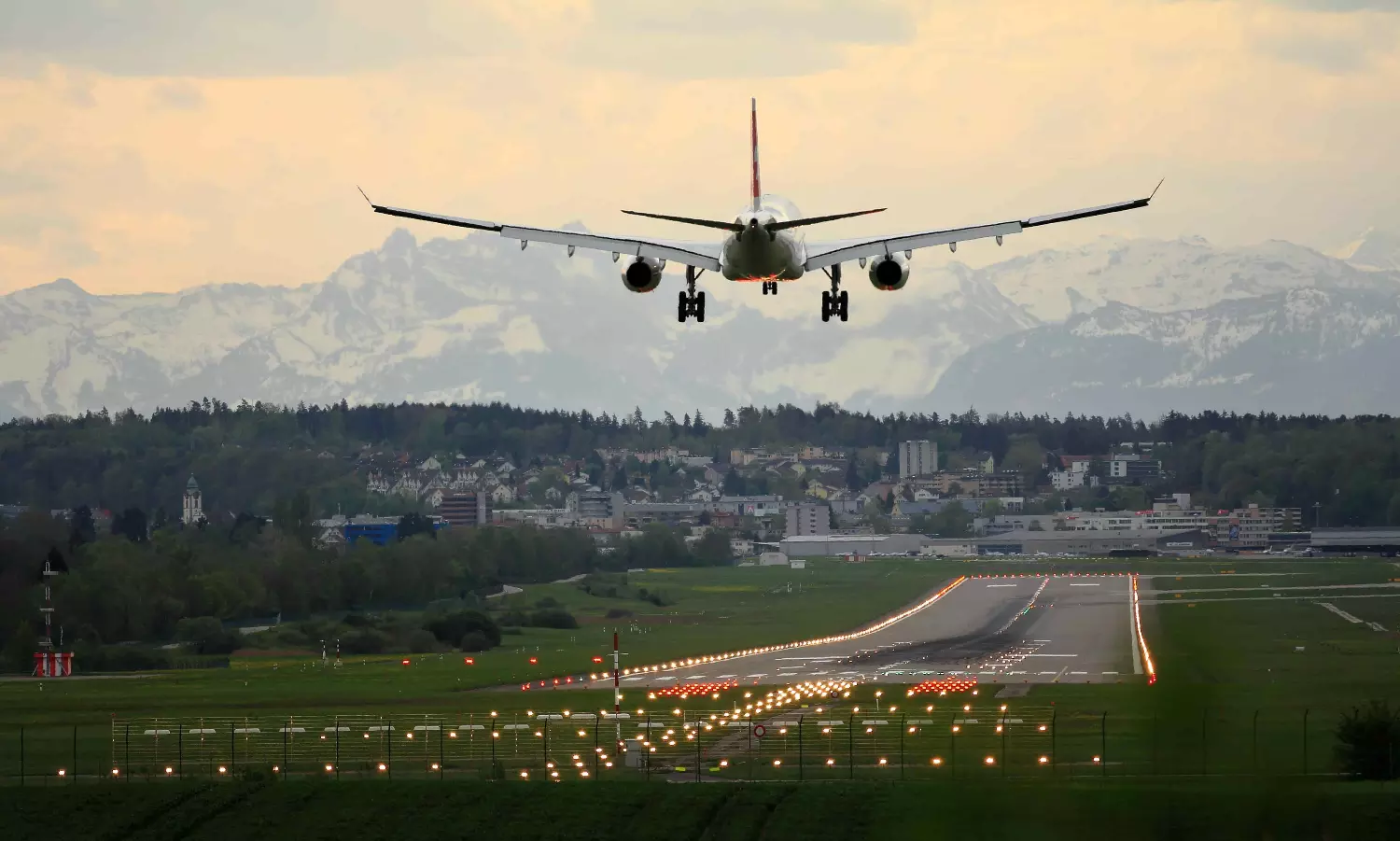2023 narrowing airline revenue gap compared to 2022: AFRAA

The year 2023 is witnessing a narrowing of airline revenue gap compared to 2022 says The African Airlines Association (AFRAA) in its March 2023 African airline’s performance update.
In the first 3 months of the year, African airlines missed the levels attained in a similar period in 2019 by US$0.3 billion. This is expected to further narrow in the second quarter to US$0.2 billion according to AFRAA. Though the full year estimated revenue gap is yet to be computed, it appears 2023 will be a better year compared to the prior year. The 2022 full year revenue loss was US$3.5 billion for all African airlines combined.
Blocked funds
Nigeria, with US$743 million of airline-blocked funds, is currently ranked the second highest in the world after Venezuela. An AFRAA survey indicates that 3 African airlines alone, have about $44.2 million blocked in Nigeria. These 3 AFRAA airlines have a total of US$88.9 million blocked in 12 African countries at the end of 2022. Aside Nigeria, other African countries with blocked funds at the end of 2022 include Algeria, Libya, Cameroon, The Central African Republic, Ethiopia, Eritrea, Equatorial Guinea, Guinea Conakry, Burundi, Malawi, Sierra Leone, Zambia and Zimbabwe.
AFRAA is continuing its advocacy on blocked funds. According to the Secretary General of AFRAA, Abderahmane Berthé, “It is unacceptable for some States to hold on to airline generated revenues that are badly needed to cover operating costs and yet expect operations to continue undisrupted. The longer these funds are held, the bigger the financial burden these States impose on airlines supporting air connectivity and economic activities in these countries.”
In March, the traffic carried by African airlines reached 95 percent of the full year 2019 level. Domestic market share was at 37 percent, intra-Africa at 31 percent and intercontinental at 32 percent. AFRAA estimates that by end 2023, total passengers carried by African airlines will reach 85 million, this being about 10 million short of the full year 2019 passenger traffic.
The total number of intercontinental routes operated by African airlines exceeded pre-Covid levels since October 2022. In 8 African airports (Johannesburg, Nairobi, Addis Ababa, Lusaka, Cairo, Casablanca, Abidjan and Lome) intra-Africa connectivity reached or exceeded pre-Covid level since December 2022.
Jet A1 price continued the downward trend in March with the global average price per barrel in the last week of March reaching US$102.5. However, this trend changed to a surge in April following the OPEC producers’ announcement of plans to cut crude output.
Regulatory and Industry Developments
Canada - single-use plastics (SUP) prohibition regulations
The Canadian government published a regulation on single-use plastics (SUP) prohibitions in June 2022, which has implications for airline operators. Starting 20 December 2022, airlines are unable to buy or import 6 categories of SUP, including cutlery, foodservice ware, sticks and straws, etc. in Canada. See link for details: technical guidance.
Consultation on balanced approach Schiphol
The Dutch Ministry for Infrastructure and Water Management launched a consultation on the noise-balanced approach, in which they propose a combination of required noise restriction measures to reduce the 500k movement cap to attain the 440k movements cap, imposed by the government. However, on 5 April 2023 the Dutch Court halted the implementation of the proposed flight cuts after IATA pointed out that the reduction was in contravention of EU Laws.
Sierra Leone airport development charge
Sierra Leone has made revisions to Aviation Security Charge and Foreign Travel Tax, including a revocation of Foreign Travel Tax for ECOWAS States. The government, through the civil aviation authority, plans to increase by 1400% Airport Development Charge to be borne by passengers. “This is a shot in the foot for a country that needs air connectivity to facilitate trade, business and general socio-economic development”, says AFRAA Secretary General, Abderahmane Berthé.


